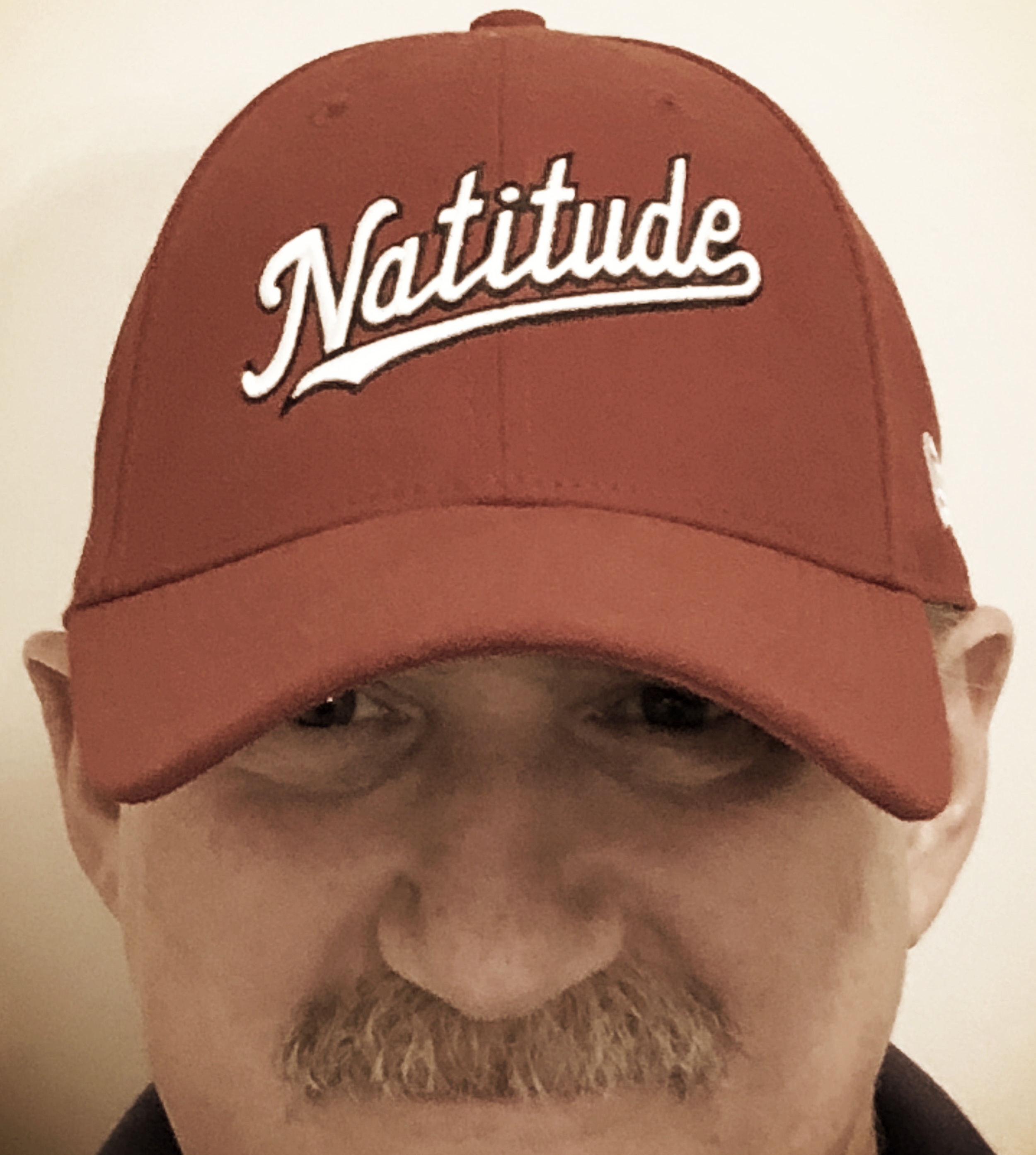When it comes to matters of our own health, there is a lot of gray area between hypochondria and denial. Oh sure, we're all experts about what everyone else should do, but less honest or rational when that "stethoscope" is listening to our own bodies. Few among you my dear readers are actually physicians (and often doctors make the worst patients; sorry Sam), but no one knows more about the daily tracking of our various aches and pains than we do. Some come and some go, some might be nothing and some could actually be something.
When we are younger, our bodies talk to us less often and issues seem to pass as quickly as they arise. As we age, we not only lose a little bit of our ability to hear conversations or the TV, but we also seem to get tone-deaf to signs or symptoms that could be confused as aging or that nagging discomfort from an ailment we had as teenagers - when it might actually be a difference coming from something unwanted brewing within. For many of us (myself included), the thought-line runs kinda like this: "I suppose it could be something but it probably isn't anything - that's just what happens when you get old." But how old is old enough to ascribe that hackneyed theory?
Honestly, it’s never been easier to check it out. Yes, I know, going to the doctor's office is a pain in the appointment. But with the increase in access via things like telemedicine, walk-in clinics and more comprehensive test results from basic blood work - an answer has never been more readily available. No, it's still not as easy as having Dr. "Bones" McCoy run the tricorder over us for an immediate assessment of our fate, but the deniers and procrastinators are running out of excuses. And if it really is nothing, then that reassurance can be ascertained fairly quickly. But if it really is something, any physician will tell you that early intervention is critical to increased positive outcomes.
I don't know what is the right amount of caution or dismissal, but listen to your body. As the old saying goes: If something sounds too good to be true, then it probably is. And as pertains to your health: If something just doesn't feel right, it possibly isn't.




